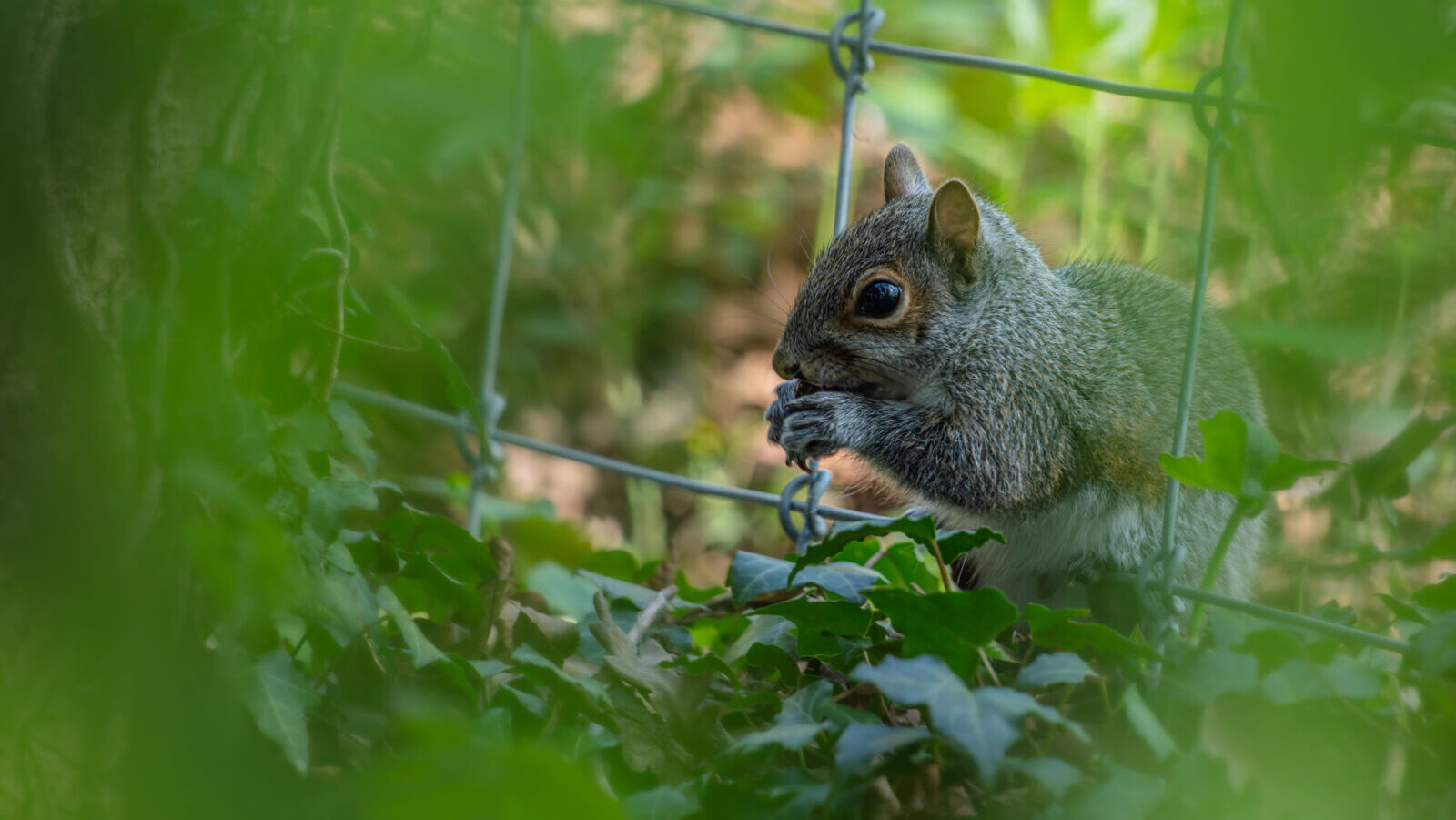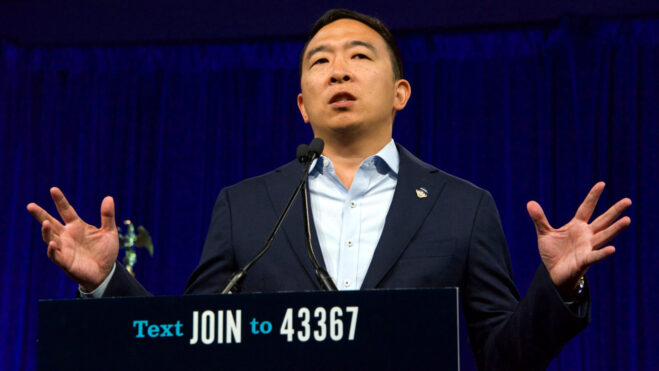Schuetz: Sports Integrity Efforts And Stopping Dumb Critters
Sports integrity firms are a necessary piece of the puzzle in working to reduce corruption — but they won't make the problem go away.
5 min

I support and respect those working within the sports integrity field as sports betting is becoming a much more visible activity within the United States. I have written about the people and services of these firms and think they are a necessary piece of the puzzle in working to reduce corruption in gambling and sports — and the volume level of issues involving corruption in sports is getting quite high.
But that is not to suggest that these efforts to uphold integrity will cause the problem to go away. No way, Jose.
I live in Central Pennsylvania, a land of fertile soil that is great for summer gardening. I have a neighbor down the street named Bob, who is a truly serious gardener. He has a gas-driven garden tiller and plants a fairly large plot of all kinds of things. Surrounding the plot is a fence of about five feet in height made of chicken wire.
I have an elevated garden plot that is about six feet by four feet, which allows me to plant a few tomato and pepper plants — and a catnip plant for the kitties. I really have no idea what I am doing, so I keep it simple and also keep an eye on what Bob does.
During the initial planting of my garden, I was greeted by a multitude of critters. Squirrels, rabbits, a hedgehog, and even the occasional deer seemed to be hanging in the ‘hood of my little horticultural effort. Concerned, I sought Bob’s advice on whether I should install the chicken wire fence. He chuckled and said, “Well, it does keep the really dumb critters out.”
Bob’s advice about the chicken wire fence not only brought a smile to my face but also served as an example of the struggle we face in safeguarding the integrity of sports in a world of sports betting.
It’s a daunting task, and I believe that at the end of the day, the integrity services mainly catch the really dumb critters.
Too much information

Betting scams occur when information relevant to the outcome of a betting event is known by only a few, and they attempt to exploit this situation by making bets based on this added insight. This can be something as simple as a college student knowing of an injury suffered by his athlete roommate, of which the betting public is unaware. It can also happen when an athlete or group of athletes purposely works to shape the outcome of one of the game’s dimensions being wagered upon.
To a degree, I think that the fact that many college athletes are financially better off having been given the ability to monetize their name, image, and likeness (NIL) will reduce some of the incentives or need to resort to monetizing their ability to influence the outcome of betting events inappropriately. However, individuals in and around athletics will always work to scam the system, and they can be very difficult to discover.
Working to influence the outcome of a betting contest can also be nuanced. An athlete is certainly more comfortable shaving points than outright causing his or her team to lose. If a team is favored to win by 12 points, one would guess it is less conscience-challenging to the point shaver if his team wins only by 8. As USC football coach Red Sanders argued, “Winning isn’t everything. It’s the only thing.”
The beneficial impact of NIL in reducing scams may be offset by the ability to bet propositions (props), especially on college events.
These types of wagers greatly increase the universe of people who can subtly modify their performance to generate a betting payday. There are a multitude of reasons why the NCAA wants these opportunities eliminated, and the primary issue is sports integrity. After all, it is extraordinarily difficult to discern a bad game from bad ethics, especially when it essentially has little to do with the contest outcome.
The outlier attracts attention
While it is not the intent of this column to provide a “how-to” guide to scamming sports betting, it is important to understand the ease with which it can occur.
One thing that gets people in trouble in fixing athletic contests is trying to take too much out of the system too quickly. In betting integrity, the outlier attracts attention. As Aesop taught us with the tortoise and the hare, slow and steady wins the race. Don’t get greedy, for it can bring down the heat.
Another reality involves the number of participants in the fixing effort. It is a simple fact in bid rigging, price fixing, and other forms of conspiratorial behavior that as the number of conspirators grows, so too does the risk of discovery. In other words, if you get in the mood for some scamming, keep your group small.
Smart people know these rules or at least figure them out. The less intelligent critters, well, they make the headlines.
Something smells fishy
During a portion of my career, I oversaw the casino at the Stardust on the Las Vegas Strip, which was the center of the sports betting world. The race and sports director was Scott Schettler, a gentleman with incredible experience and knowledge. Moreover, the book’s staff had a great many years of experience. There would be times when things didn’t make sense to Scott and his staff, and I would often be informed.
We would then talk it through and visit some other folks we trusted in the market. In some instances, I would pick up the phone and call the Nevada Gaming Control Board. This was just to be polite, for there was very little that the board could do. Their jurisdiction stopped at the state border, and generally, the sporting event was in another state.
This is, as an aside, a weakness of state-by-state regulation of gaming. State regulators have very few tools to use when solving an out-of-state problem.
I would then call the FBI, and they would hear me out. It was always my impression that the FBI appreciated these calls, for they knew we were in a good place to shape an opinion because of our size and that we handled very large bets. And that was generally the end of it. The FBI would not comment beyond thanking us for the call, and generally, we would hear no more of it.
From these experiences, we would often believe that there was mischief about, and that was that. I would suggest that after some time in the midst of the betting business, when you know, you know, plain and simple. We would work to limit our exposure to the contest we didn’t trust.
I think it is great that many individuals and institutions are working to reduce the scams in sports betting. It is important to understand, however, that all kinds of things can be missed, especially if the perpetrators don’t go whole hog and keep the group small. Those who are strong advocates for expanded betting seem to suggest that these integrity services are the cat’s pajamas in eliminating the problem, and that is not true.
It is also important to understand that one of the reasons often cited in the NCAA’s desire to eliminate prop betting in college games is to reduce some of the unpleasant engagements between fans who are upset that they lost a bet and the individual they bet on. These are sometimes displayed on social media and can get ugly.
More importantly, however, the main reason the NCAA wants to eliminate college props is sports integrity.
In many states, however, the operators, regulators, and/or legislators do not think this is sufficiently important. They would rather risk some corruption in college sports than the loss of betting revenue.






